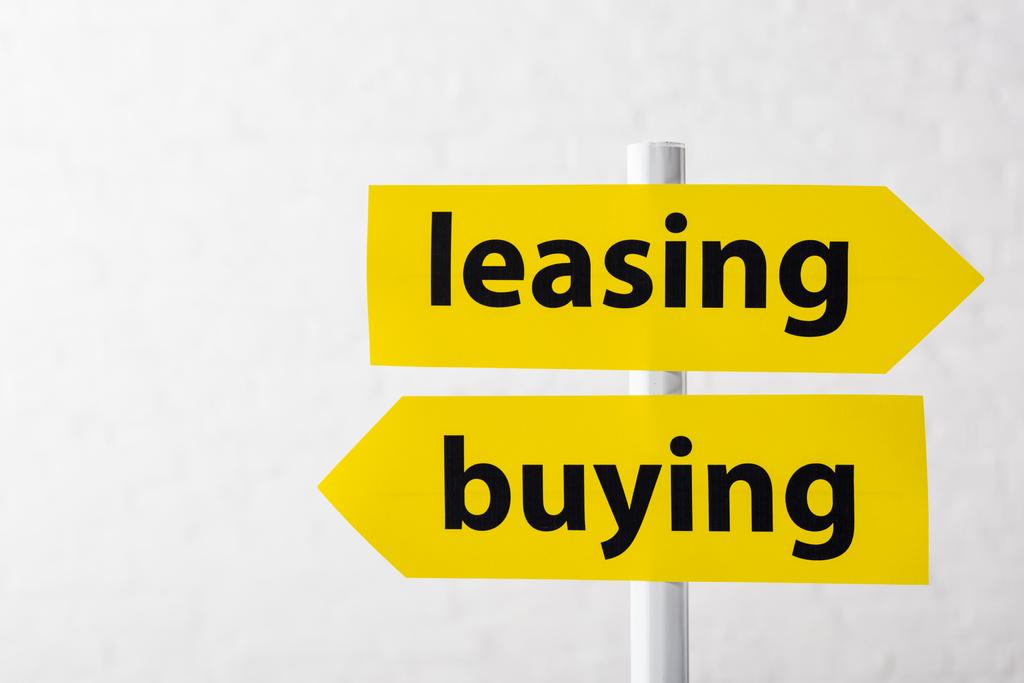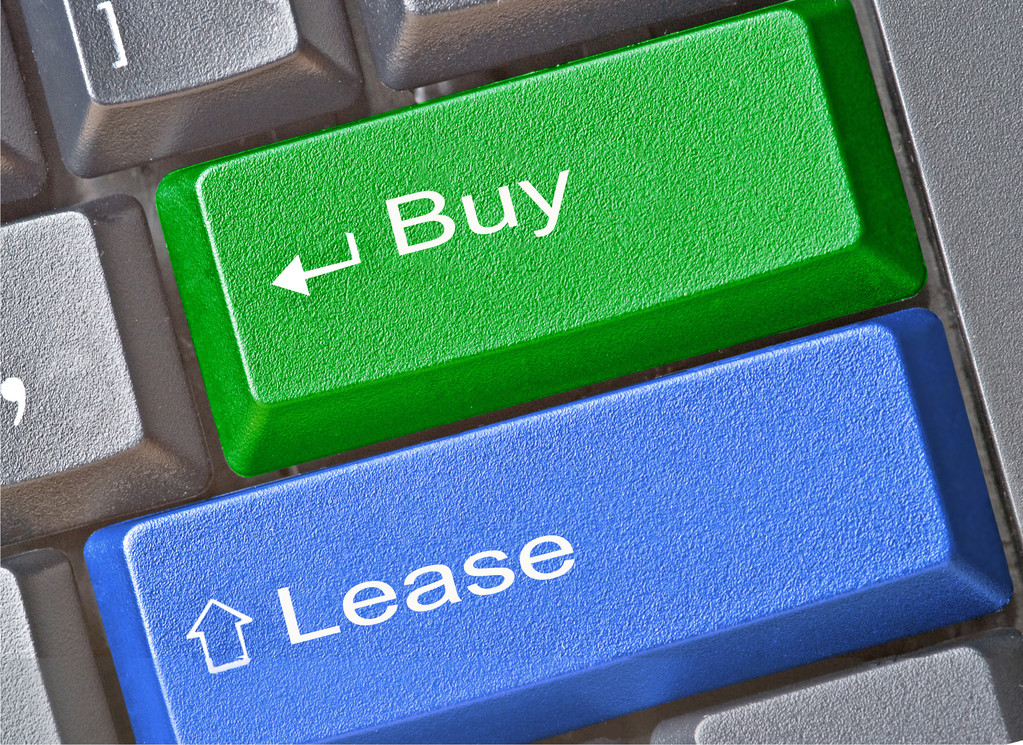

Leasing a Car vs. Buying: Find the Best Choice for You
How to Decide: Leasing a Car vs. Buying
When considering a new vehicle, one major choice you’ll face is whether to lease or buy. Each option has unique advantages and drawbacks, and the best choice depends on your financial situation, lifestyle, and long-term goals. Let’s dive into the core differences to help you make an informed decision on leasing a car versus buying one.
The Basics of Leasing a Car
Leasing a car is somewhat like renting it for a few years. You pay a monthly fee for the privilege of driving the vehicle, but ownership doesn’t transfer to you. At the end of the lease, you typically have the option to return the vehicle, purchase it for a predetermined price, or start leasing a new one.
Key Pros of Leasing a Car:
- Lower Monthly Payments: Leasing a car usually involves lower monthly payments than buying, which allows you to drive a more expensive model at a lower cost.
- Drive Newer Models More Often: Leasing a car enables you to upgrade every few years, giving you access to the latest features.
- Minimal Repair Costs: Since you’re driving a new car, most major repairs are covered under warranty.
- No Resale Hassle: When the lease term ends, you simply return the car without the challenge of selling or trading it.
Cons of Leasing a Car:
- No Ownership: Once the lease ends, you don’t own the car despite months of payments.
- Mileage Limits: Most lease agreements include mileage restrictions (e.g., 12,000 miles per year), with penalties for overuse.
- Limited Customization: You’re unable to modify the vehicle since you don’t own it.
- Higher Long-Term Costs: If you continuously lease rather than purchase, you may spend more over time since you’re always making monthly payments without owning the asset.

The Basics of Buying a Car
When buying a car, either through cash or financing, the vehicle becomes yours after the loan is paid off. This means you have the freedom to drive it as much as you want and retain full ownership.
Pros of Buying a Car:
- Ownership: Once paid off, the car is entirely yours to drive or sell at any time.
- No Mileage Limits: Drive as far as you like with no mileage-related penalties.
- Freedom for Customization: Owning the car allows you to modify, upgrade, or personalize it as you see fit.
- Long-Term Savings: Although monthly payments may be higher initially, buying tends to be more cost-effective in the long run, especially if you keep the car for several years.
Cons of Buying a Car:
- Higher Monthly Payments: Financing typically requires higher monthly payments than leasing a car.
- Depreciation: Cars lose value quickly, especially in the initial years, which means the car’s value may significantly decrease by the time you’ve finished paying it off.
- Long-Term Commitment: Ownership can limit your ability to upgrade frequently.
- Repair Costs Post-Warranty: As the car ages and the warranty expires, repair and maintenance costs become your responsibility.
Leasing a Car vs. Buying: Which Is Right for You?
Lease a Car If: You enjoy driving the latest models, want lower monthly payments, and don’t mind mileage restrictions. Leasing a car is ideal for those who prefer to upgrade frequently and avoid the hassle of selling.
Buy a Car If: You value ownership, plan to keep the vehicle for years, and prefer the freedom to drive without restrictions. Buying is perfect for those focused on long-term savings and customization options.
Conclusion
Ultimately, the decision between leasing a car and buying one depends on personal priorities and financial circumstances. If you love the idea of driving new cars without a long-term commitment, leasing could be a great option. However, if ownership and long-term savings are more appealing, buying is likely the better route.
For more information contact our sales team.
Related posts


Auto Finance Doesn’t Have to Be Complicated — Here’s How Emily Got Approved, Fast

How Vanessa Fell in Love with Her 2019 Jeep Compass & How OCAL Helped







